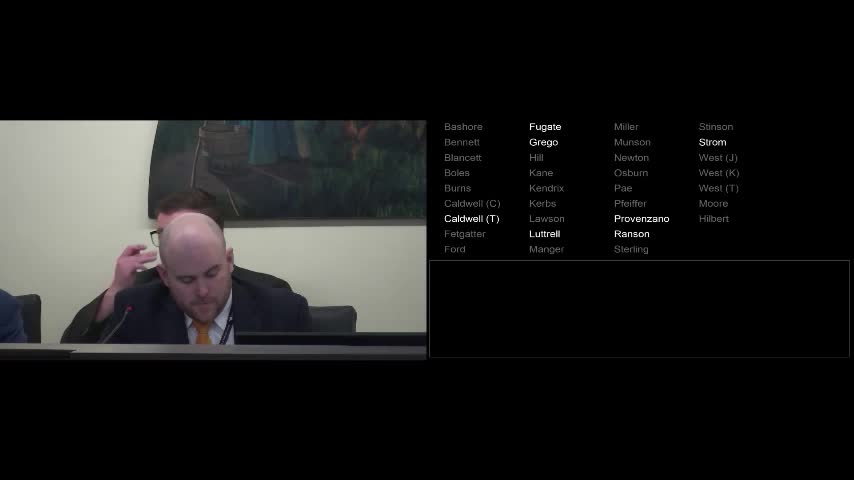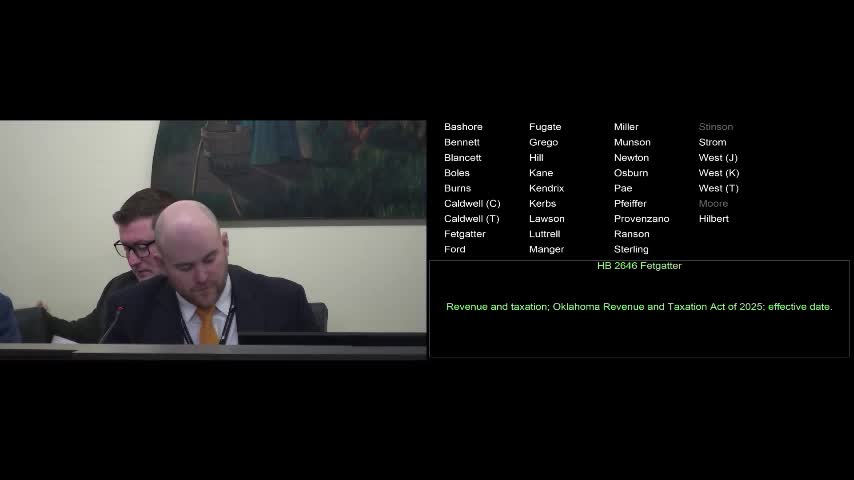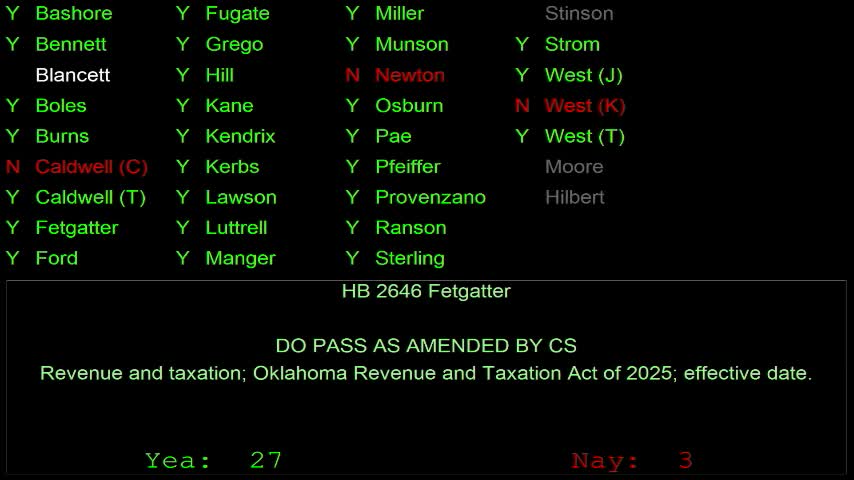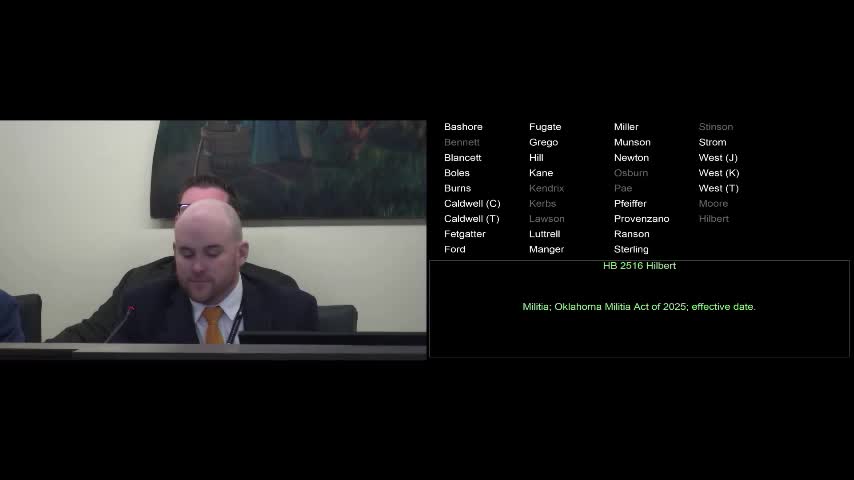Article not found
This article is no longer available. But don't worry—we've gathered other articles that discuss the same topic.

Committee roundup: dozens of bills reported out, most with unanimous or strong support

Committee backs bill to allow up to $17,000 in gambling-loss deductions; fiscal cost questioned

Committee advances photo identification requirement for voting after hours of debate over cost and access

